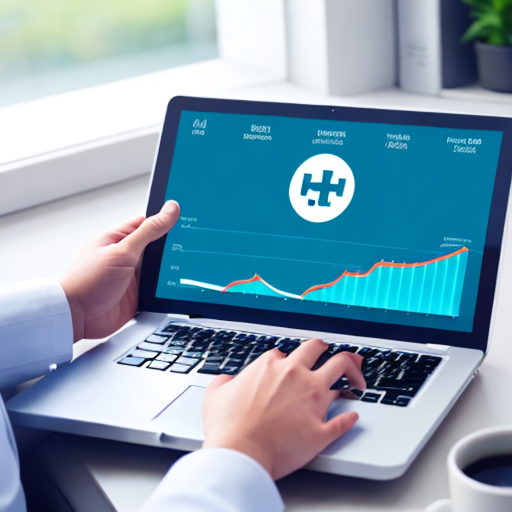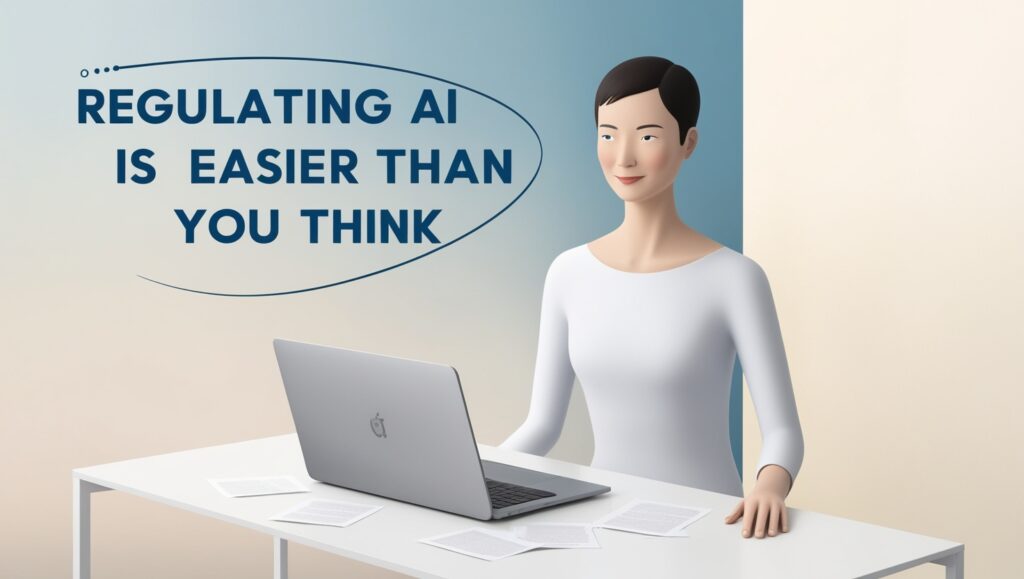Data analytics in healthcare involves the use of data-driven techniques to extract insights and make informed decisions in the healthcare industry. This approach leverages large volumes of data, including patient records, medical images, clinical trials data, and more, to improve patient outcomes, optimize operations, and enhance overall healthcare delivery. Here are some key aspects and applications of data analytics in healthcare:
- Clinical Decision Support: Data analytics helps healthcare professionals make evidence-based decisions by analyzing patient data, medical histories, and relevant research. This can lead to more accurate diagnoses and personalized treatment plans.
- Predictive Analytics: By analyzing historical patient data, healthcare organizations can predict disease outbreaks, patient readmissions, and potential health risks. Predictive models enable early intervention and preventive measures.
- Population Health Management: Data analytics enables healthcare providers to identify trends and patterns within populations. This helps in developing targeted interventions, managing chronic conditions, and improving public health.
- Personalized Medicine: Analyzing genetic, molecular, and clinical data can aid in tailoring treatments to individual patients, increasing the likelihood of successful outcomes while minimizing adverse effects.
- Drug Discovery and Development: Data analytics plays a crucial role in analyzing complex biological data to identify potential drug candidates, optimize clinical trials, and expedite the drug development process.
- Healthcare Operations: Analytics can optimize hospital resource allocation, staff scheduling, and supply chain management, leading to more efficient and cost-effective healthcare delivery.
- Fraud Detection and Prevention: Data analytics can help identify fraudulent activities, such as insurance claims fraud or inappropriate billing practices, by analyzing patterns and anomalies in data.
- Image and Signal Analysis: Medical imaging data, such as X-rays, MRIs, and CT scans, can be analyzed using advanced techniques to assist in diagnosing conditions and identifying abnormalities.
- Remote Patient Monitoring: Data from wearable devices and remote sensors can be analyzed to monitor patients’ health remotely, facilitating early intervention and reducing hospital readmissions.
- Quality Improvement: Healthcare institutions can use analytics to track performance metrics, patient outcomes, and adherence to best practices, leading to continuous quality improvement.
- Ethical Considerations: Data privacy, security, and patient consent are critical when handling healthcare data. Adhering to regulations such as HIPAA (Health Insurance Portability and Accountability Act) is essential.
Overall, data analytics has the potential to revolutionize healthcare by providing actionable insights, improving patient care, and enhancing operational efficiency. However, it also comes with challenges related to data quality, interoperability, and the need for skilled data scientists and analysts.








